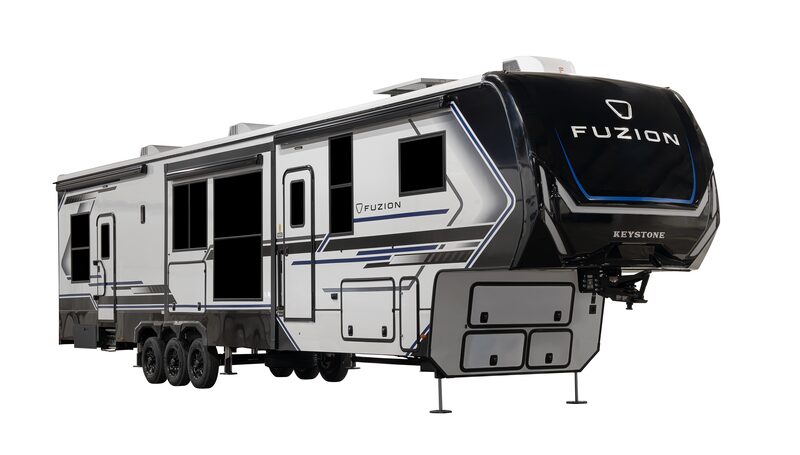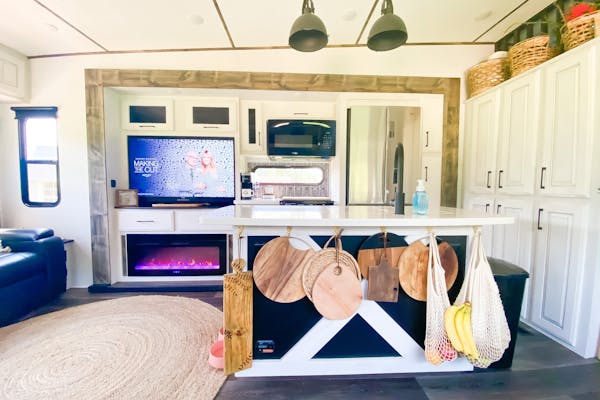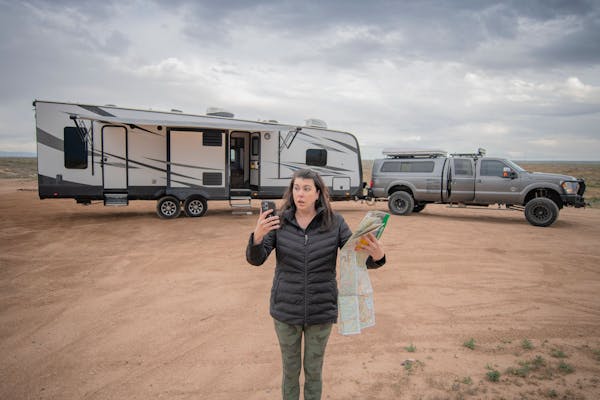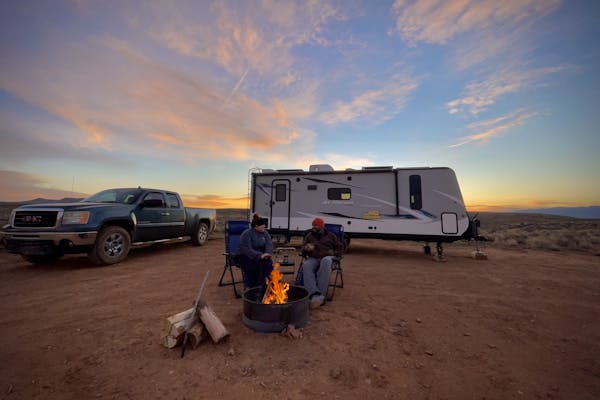Fuel
Fuel prices can go up and down, so you may need to be flexible when setting this budget. However, in our experience, we’ve seen gas prices fluctuate greatly depending on the region of the country we are in. When traveling out West, everything is much farther apart. Cities are more spread out, destinations require more driving and everything seems to have more distance in between. This requires more vehicle usage, which leads to more fuel and a bigger budget. This is much different when we are in the Northeast, where states and destinations are much closer. We used to spend about $350 per month on fuel, but depending on what part of the country we are in and if we plan to travel a lot that month, we may need to increase this budget to $800 or even $1,000 per month. You also need to factor in how much you’ll be driving once you reach your destination—will you want to drive around the local city or check out a nearby spot? Our biggest recommendations for budgeting for fuel is to be flexible, plan your travel as far in advance as possible and consider where in the country you’ll be visiting.

Repairs And Maintenance
Budgeting for repairs and maintenance can be challenging but it’s absolutely necessary. Like with any vehicle, issues and complications will come up and you’ll want to be mentally and financially prepared to address them. We don’t have a strict monthly budget for maintenance, but we like to set aside some money just in case. An emergency fund that you regularly contribute to is a great way to cover things that you can’t plan for. As your RV gets older and you spend more time out on the road, this fund becomes even more important. Doing regularly scheduled maintenance checks and updates will help keep major repair costs down.
Dining And Meals
Food expenses can range a lot based on dietary restrictions, how many people you travel with, and how much you like to dine out versus cooking in your RV. Your food budget might also be impacted by your RV’s kitchen space, the appliances and storage capacity. We typically spend more in this category because trying new restaurants and experiencing local cuisine is important to us. However, if we are staying at a national park or a more remote area, we’ll bring and cook most of our own food, as it can be hard to find affordable restaurants or grocery stores. We currently spend about $1,000 per month on groceries and limit the number of times we eat at restaurants for both budget and health reasons.
Activities And Recreation
This is a fun category because it’s one of the main reasons we started RVing in the first place! Fortunately, we don’t have to spend much to enjoy some of our favorite activities—we’ve budgeted about $200 a month. We love visiting state and national parks, and these are generally lower in cost. We prefer to buy annual park passes, which helps keep costs down. We also take advantage of reciprocal museum memberships. This allows you to buy a membership at one museum and gain access to numerous other museums across the country. This is a great way to save money while still being able to explore really interesting places in multiple different locations.
In addition to parks and museums, we like to do a big, special activity twice a year. This could mean renting a boat for the day, going on a snowmobile tour or visiting an amusement park. These activities add a bit more to our monthly budget, but we’re still able to keep our $200 average since other months are much less.












